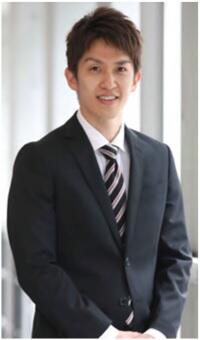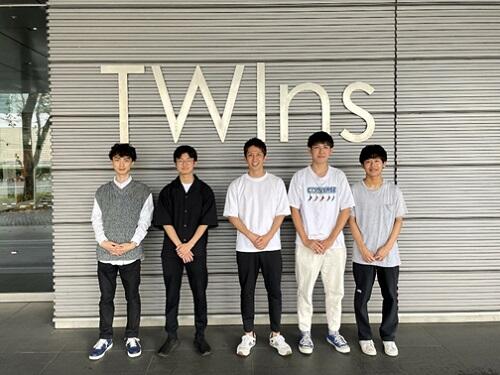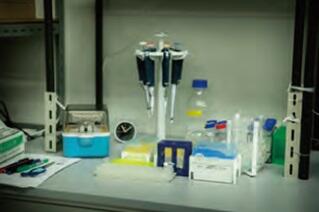
Senior Assistant Professor, Department of Electrical Engineering and Bioscience, School of Advanced Science and Engineering, Faculty of Science and Engineering, Waseda University
Q1. What drew you to a career in research?
A1. I was impressed by a lecture at university and gained an interest in biology
I have enjoyed solving difficult problems ever since I was a child and wanted to become a researcher. I originally wanted to become a mathematician, but my high school teacher gave me some advice, saying, "How about considering a path other than in math?" After a lot of thought, I entered the Division of Applied Sciences in the School of Engineering at Osaka University, where I could study a wide range of natural sciences and decide my career path after admission.
The turning point came when I took my first real biology course at the university. I did not choose biology as an elective in high school, but I studied it in depth for the first time at university. I was impressed by the fact that my body is formed by complex reactions in cells invisible to the naked eye and fascinated by the mystery of life.
However, it remains unknown how life began and how it came to have various functions.
In the course of my studies, I began to think, "I want to unravel the origin of life," which is the most difficult question, and I decided to pursue a career in research.

Q2. Please tell us about what you are currently working on.
A2. Exploring the process by which disorganized populations evolve
I believe that the biggest leap in the origin of life occurred when "something life-like" emerged from simple molecules, which are non-living matter. It is said that the earth was born about 4.6 billion years ago, and the first lifeform was born around 4 billion years ago. Some hypothesized that the first thing "life-like" that arose on the primordial earth was RNA with the ability to self-reproduce. To clarify the origin of life, it is necessary to know how self-reproducing RNA arose.
In my FOREST research project, we are trying to validate this process. Recently, we have demonstrated that specific RNA sequences and structures spontaneously emerge from a population of RNA molecules with very short, 20-base random sequences and that an RNA closely related to them is capable of self-reproduction. This is the smallest self-reproducing RNA that could have existed on the primordial earth. If this RNA can continue to undergo replication, it could evolve to have complex functions through, for example, the acquisition of new sequences. This project should provide information that helps us identify the conditions necessary for evolution.
However, this discovery is only the first step in the search for the origin of life. I want to know how the 'continuous process in which self-reproducing RNA spontaneously emerges from a disordered population of RNA, is maintained and evolves.' We would like to continue our research into this area.

Q3. Do you have a message for younger researchers?
A3. Pursue "what you want to do the most"
To actually achieve what you want to do, I think the difficult thing is finding the "what" itself. Nowadays, people tend to think that anything can be done without action because they have access to all kinds of information. However, what you want to do will not fall into your lap. I believe that you can only find what you really want to do if you take the initiative to study a lot and listen to a variety of people.
As a student, I studied abroad at the National Aeronautics and Space Administration (NASA). Before I went and studied there, I felt that it was a very distant place and longed to visit, but when I went there, I found that it was a surprisingly 'normal' research institute where many scientists were working hard on their research. This experience convinced me that doing research at NASA, or a prestigious university should not be the goal, but that it is important to pursue what you really want to do most of all. Nowadays, you can connect with researchers all over the world even while you are in Japan. I urge you to take action to find what you really want to do.
(Article: Kayo Murakami)

Profile
Ryo Mizuuchi
Senior Assistant Professor, Department of Electrical Engineering and Bioscience, School of Advanced Science and Engineering, Faculty of Science and Engineering, Waseda University
Born in Osaka Prefecture. Completed the doctoral program at the Graduate School of Information Science and Technology, Osaka University, in 2018. Ph.D. (Informatics Science and Technology)After holding positions as a JSPS Overseas Research Fellow at Portland State University in the U.S. and Project Assistant Professor at the University of Tokyo, he moved to his current position in 2023. PRESTO researcher from 2019 to 2023. He has been a FOREST researcher since 2023.




